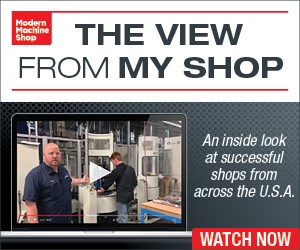SMW Autoblok's WPS/APS Workholding System Provides Flexibility
SMW Autoblok’s WPS/APS workpiece positioning system features zero-point clamping for use in turning, milling, inspection and finishing operations.
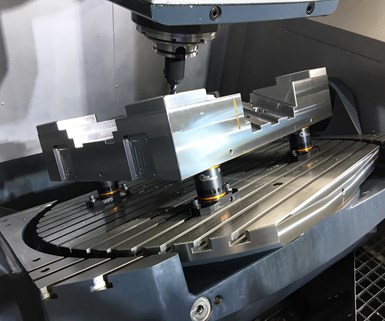
SMW Autoblok’s WPS/APS workpiece positioning system features zero-point clamping for use in turning, milling, inspection and finishing operations. The system includes clamping pins, mounting screws, a reducing washer, clamping modules, adaption washers and a grid plate.
The manual WPS and WPS-PPD system is said to reduce setup times. A range of accessories and adapters enabling flexible clamping of various workpiece geometries without interference with machining or contours. All clamping modules are proof-line sealed, reducing maintenance and increasing production time.
The APS system, made of corrosion-free hardened steel, provides pneumatic open and closing. Offering a low installation height, the APS offers maximum precision and repeatability of less than 0.005 mm. A special coating on the clamping slides and clamping pins promotes frictionless operation forextended service life. All APS modules are proof-line sealed and protected against corrosion. A built-in air cleaning function cleans the system’s support surface so that it remains clean and free of chips during changeover or automation. A three-pin clamping design features nine die springs for maximum stiffness and clamping force. 140 and 190 APS size pull-in forces for each module can be increased up to 45 kN by the turbo function.
The manual WPS series features clamping pins with adapter used for workpiece clamping or top mounting. These pins are case-hardened with corrosion-resistant coating. The M12 or M16 mounting screws (also available with the APS series) provide stability and stiffness. Clamping modules offered in 40-, 60-, 80- and 160-mm heights guarantee the clamping of virtually any workpiece, the company says. Single quick-actuation enables modules to be opened and closed with only three and a half rotations. All clamping modules can be mounted on a T-slotted table or grid plate that is manufactured with highly tempered quality steel with a specialized coating to protect against rust and contaminants.
Related Content
-
Medical Shop Performs Lights-Out Production in Five-Axes
Moving to five-axis machining enabled this shop to dramatically reduce setup time and increase lights-out capacity, but success relied on the right combination of workholding and automation.
-
Modern Bar Feeds Bring New Life to Automatic Swiss Lathes
Cam-actuated Swiss lathes are still the fastest way to process many parts. By adding modern bar feeders, this shop has dramatically improved their utilization with the ability to work unattended, even in a lights-out environment.
-
Machining Vektek Hydraulic Swing Clamp Bodies Using Royal Products Collet Fixtures
A study in repeatable and flexible workholding by one OEM for another.





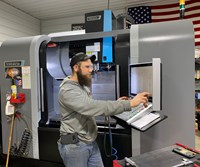
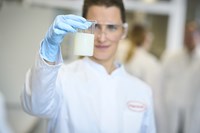
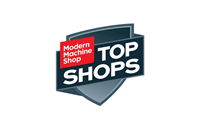
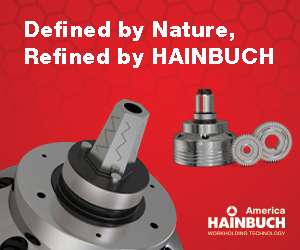



.png;maxWidth=300;quality=90)


